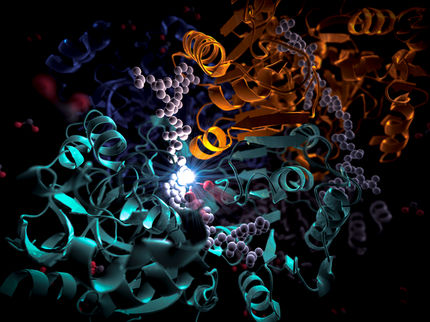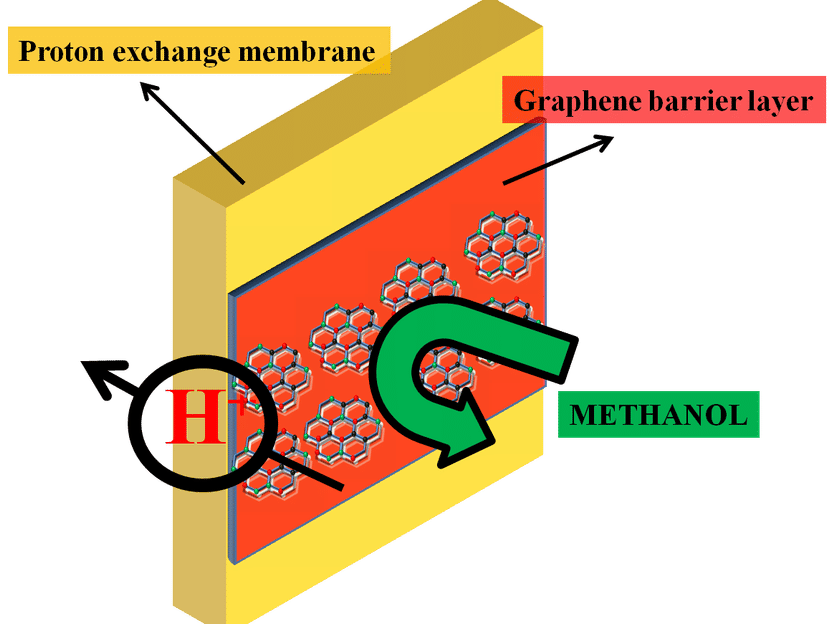K-State chemist gets grant for research aiding in development of artificial photovoltaic devices
A Kansas State University professor has a grant to study an area of physical chemistry that will provide more insight into the electronic structure and energy transfer processes in natural and artificial photosynthetic complexes.
Some day, this could help in the development of devices that more efficiently convert solar energy into electricity.
Ryszard Jankowiak, professor of chemistry at K-State, received a $380,000 grant from the National Science Foundation to study two photosynthetic complexes from a type of bacteria. This grant is among the more than $1.5 million in grants that K-State has cleared to date in federal stimulus research funding.
Jankowiak received the 2009 Outstanding Senior Scientist Award from K-State's chapter of Sigma Xi, the scientific research society. He has now received nearly $1 million in the past two years to study various aspects of photosynthesis using laser-based techniques and modeling studies.
For the project, Jankowiak and his researchers will use complementary methods and new approaches to advance the understanding of photosynthesis. He said that the rationale behind the research is that a better understanding of the structure-function relationship of these natural systems will aid in the development of artificial photovoltaic devices that can turn sunlight into electricity.
As part of the project, Jankowiak will develop a program for high school students to encourage them to pursue careers in science. These efforts will include a chemistry symposium at K-State for high school students and chemistry teachers across Kansas.
Most read news
Organizations
Other news from the department science

Get the chemical industry in your inbox
By submitting this form you agree that LUMITOS AG will send you the newsletter(s) selected above by email. Your data will not be passed on to third parties. Your data will be stored and processed in accordance with our data protection regulations. LUMITOS may contact you by email for the purpose of advertising or market and opinion surveys. You can revoke your consent at any time without giving reasons to LUMITOS AG, Ernst-Augustin-Str. 2, 12489 Berlin, Germany or by e-mail at revoke@lumitos.com with effect for the future. In addition, each email contains a link to unsubscribe from the corresponding newsletter.
Most read news
More news from our other portals
See the theme worlds for related content
Topic world Synthesis
Chemical synthesis is at the heart of modern chemistry and enables the targeted production of molecules with specific properties. By combining starting materials in defined reaction conditions, chemists can create a wide range of compounds, from simple molecules to complex active ingredients.

Topic world Synthesis
Chemical synthesis is at the heart of modern chemistry and enables the targeted production of molecules with specific properties. By combining starting materials in defined reaction conditions, chemists can create a wide range of compounds, from simple molecules to complex active ingredients.



























































